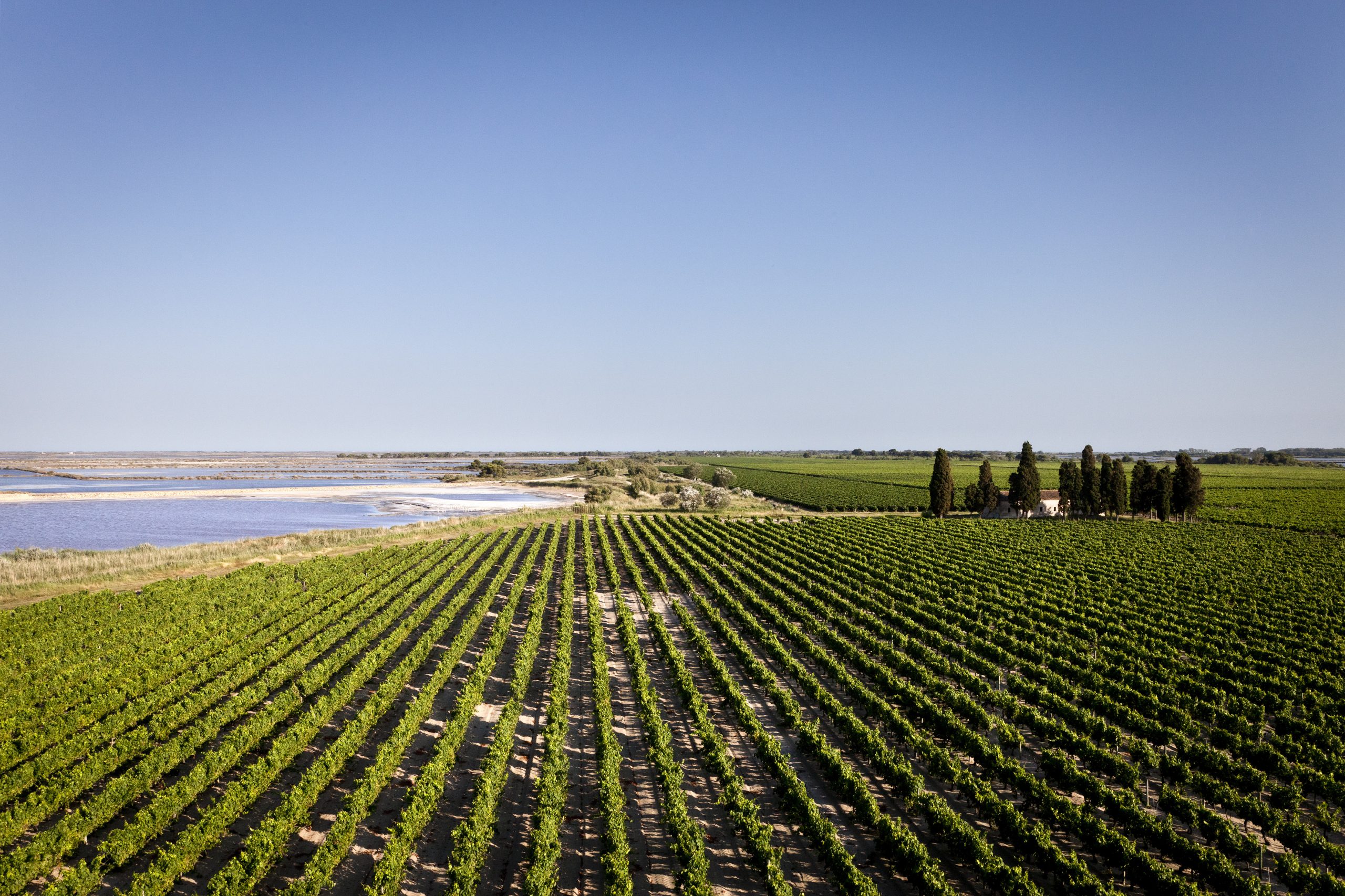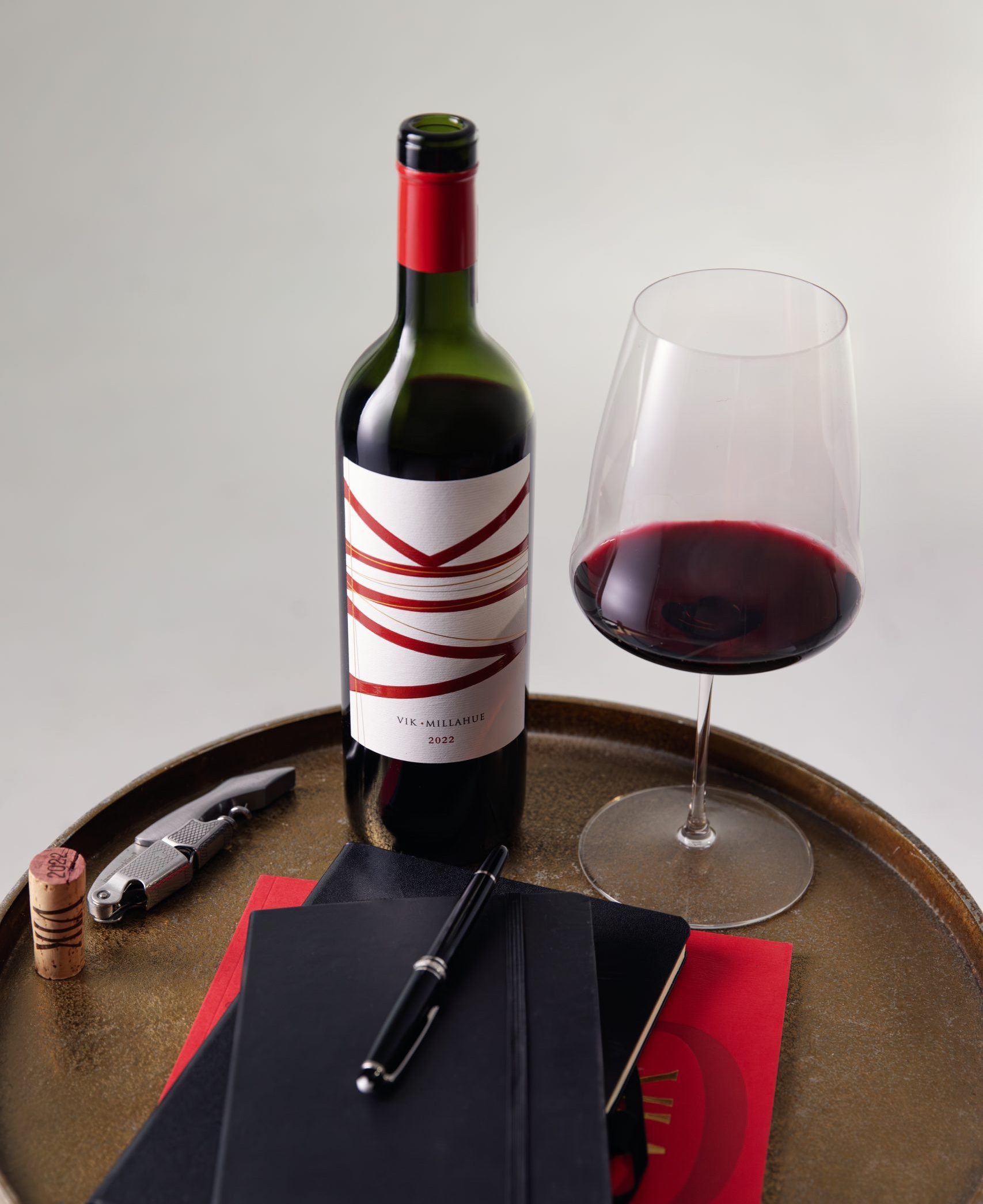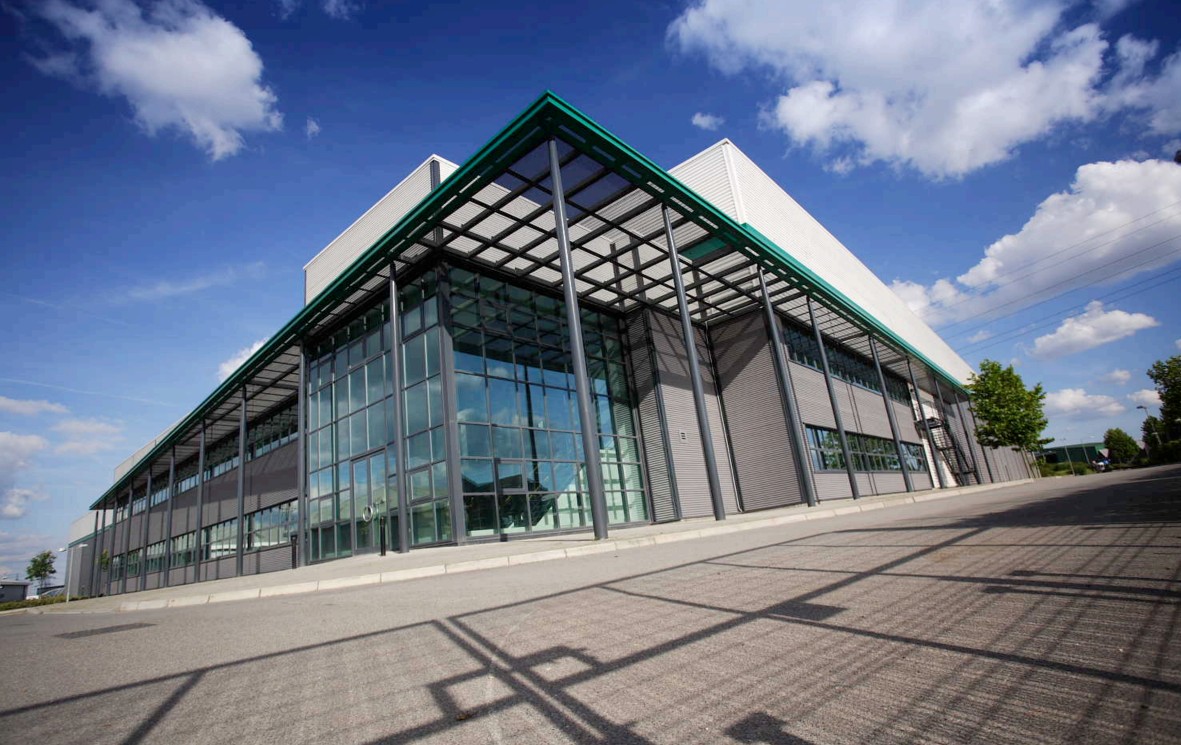‘Prospero’ to capitalise on Shakespeare and Prosecco
Spanish wine producer Félix Solís is hoping to capitalise on Prosecco price rises and Shakespeare’s quadricentennial celebrations with the launch of Prospero.
Named after the protagonist in Shakespeare’s play The Tempest, the new product is a tank method sparkling brut with 11 grams per litre of sugar.
Speaking exclusively to the drinks business about the launch, brand creator Richard Cochrane, who is managing director at Félix Solís UK, said that he had registered the brand name Prospero two years ago because he “loved” The Tempest.
The new product has been launched now to benefit from the increased publicity for Shakespeare’s work as Britain marks 400 years since the famous playwrite died in 1616, but also to take advantage of the fast-growing market for sparkling wines in the UK, which has been driven by Italian tank-method fizz Prosecco.
This time last year, Félix Solís launched Provetto, a Spanish carbonated wine modelled on the Italian sparkling phenomenon.
When showing db Provetto, Cochrane explained, “The biggest success in the last 12 months for UK retailers has been sparkling wine, particularly Prosecco, and if you put all that success, globally, on one finite area in northern Italy then that means that prices will go up, or supply will be under pressure.
Continuing he said, “Because retailers have been dependent on the Prosecco engine for driving sales, as it runs out, then they will be asking what’s the alternative – so we’ve come up with a strong proposition that gives retailers a chance to expand beyond Italy.”
Speaking to db last month about Prospero, which is made using grapes from La Mancha in Spain, Cochrane professed his high hopes from the new Spanish sparkling based on “significant first orders from Morrisons”, who will launch the fizz in two weeks time.
The sparkling wine has been produced at the company’s Valdepeñas operation, which is Europe’s largest winery, following a €30 million investment almost five years ago to upgrade the facility, increase storage and bottling capacity, and to put in place the necessary technology for producing sparkling wine – both using carbonation and the Charmat (tank) method.
Both a white and rosé Prospero have been produced; the white using early-picked Airén and Viura grapes, and the rosé using a touch of Tempranillo too, with the pale pink colour achieved through a short skin-contact.
Cochrane said that sparkling wine is “doing so well in the UK now because it is crisp, fresh, slightly floral and easy-drinking”.
He also said that “other countries can play a role for the health of the category”, noting that the UK drinker’s current preference is for Italian sparkling with Prosecco.
Partner Content
Indeed, he commented that it was “a tradegy that Spanish sparkling sales are falling at a time when sparkling is the most successful category.”
When asked whether Félix Solís – which has wineries in most major Spanish wine regions – would invest in Penedès to produce Cava, Cochrane said that he believed that the company should not starting making Cava until this traditional method Spanish fizz improved its image.
“I was asked by Mr Solís three years ago whether we should consider Cava and I said then, ‘don’t waste your money’, because I think we need to wait and see Cava establish itself in a more premium way again.”
Nevertheless, Cochrane did comment that he thought that there were signs of hope for Cava, citing restaurateur Richard Bigg’s decision to back the sparkling wine with a Cava bar in London.
“I would like to see Cava start to succeed as a premium category, and, as the independents and restaurants get behind it, we will see Cava pick up the mantel of being a quality and affordable option,” concluded Cochrane.
As reported by db last week, former Constellation Europe chairman Christopher Carson believes he has found the perfect big volume sparkling wine to fill “a gap” in the UK as Prosecco prices creep upwards.
Having secured UK distribution through his new agency business Carson Wines for Rocca dei Forti, which is the best-selling sparkling wine brand in Italian retailers, Christopher Carson expressed his belief that this product – which comes from the Marche – could be the next big sparkling phenomenon in Britain’s grocers.
He said that Rocca dei Forti, which is owned by the Togni Group, “produce 15m bottles per year with the capacity to grow.”
Meanwhile, as reported by db last week, driving the growth in sparkling wine sales in the UK is Prosecco, which now accounts for 400,000 hectolitres (53.3m bottles) in the UK off-trade – over half the sparkling retail market.





HELLO, I RECENTLY TASTED YOUR SPARKLING ROSE WINE IN THE USA AND WOULD LOVE TO BUY MORE, CAN YOU PLEASE TELL ME WHERE I CAN FIND IT? IT WAS LIGHT AND SWEET, DELICIOUS, THANKS